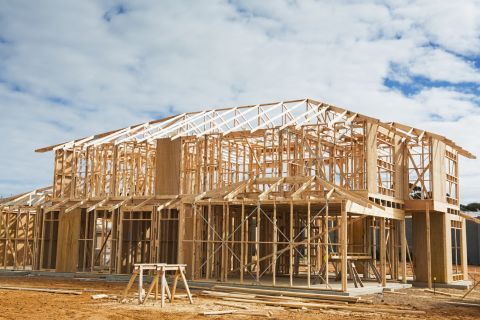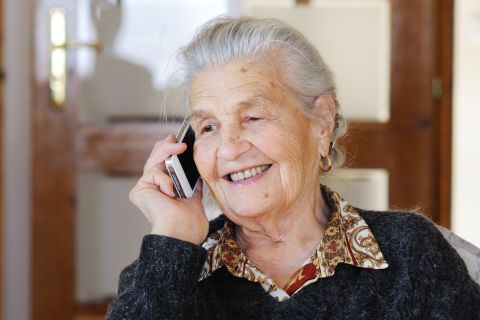The flip side of travel photography
Why have a small Aussie bakery and a Japanese village both said enough is enough?

Have you ever wondered how many photographs you have appeared in over the years – quite by accident!
You know, you’ve arrived at the Eiffel Tower and inadvertently got into someone else’s photo. And you in theirs.
The other day I looked through a box of old slides (remember those?) and counted dozens of people I’ve never met and have no idea who they were or are. But there they are – from Paris boulangeries to Bali beaches to New Zealand bars.
No harm done there. Back then it was a thing that was part of travelling, and we even asked strangers to take our photo for us as selfie sticks were a thing of the future.
But in the age of online influencers and Instagram hotspots, things have turned darker.
Just ask the staff of a popular Tasmanian bakery or the inhabitants of a small town located near Mt Fuji.
First to Hobart, where visitors to Pigeon Whole Bakers are asked not include staff faces when taking videos and photos
That simple request is made clear on a sign near the counter: “We love you sharing your enthusiasm … but to protect the privacy of our staff, please don't include their faces when taking photos or videos.”
It seems Pigeon Whole Bakers is the latest “Instagrammable” spot for food lovers and social media influencers.
For co-manager, Tori Burnie, it has meant being filmed multiple times a day by customers, often without her knowledge or consent.
“You’re working away, bagging pastries, passing someone their coffee and you look up and they’re filming the interaction,” Tori told the ABC.
Why has the shop become a social media hot spot? It’s located on the ground floor of an art deco building and has a counter filled with sweet treats and shelves of rustic loaves.
As one influencer, Flex Mami, says, “everyone’s obsessed” with bakery owner Jay Patey’s pastries and croissants, and staff have become social media fodder.
By asking visitors to avoid taking photos and videos that include faces of his employees, Patey hopes to protect their privacy.
Patey says of the photographers, “We don’t know what the intent is. It could be for Instagram, it could be live streaming … it could be used for someone’s weird little collection of videos and photos”.
How about living near a world-famous tourist attraction? And your little town has been “discovered” by the Instagram crowd?
Mass tourism is affecting many cities around the world and residents and authorities are worried. Venice recently imposed a hefty tax on visitors as well as limiting numbers.
In Japan, the small town of Fujikawaguchiko in Yamanashi Prefecture is taking matters into its own hands to counter badly behaved tourists.
At one spot in the town, if the photographer gets in the right position, a photo can be taken that shows Mt Fuji “floating” above a shop.
The push and shove of tourists, who ignore traffic rules and leave litter, has become so bad that locals have put up a huge black mesh barrier to block the mountain view.
A town official told the Japan Times, “It’s regrettable we have to do this, because of some tourists who can’t respect rules.”
It is the latest direct action in Japan against overtourism after residents of Kyoto’s geisha district banned visitors from small private alleys early this year.
Related stories: ABC, Great Walks, Japan Times





